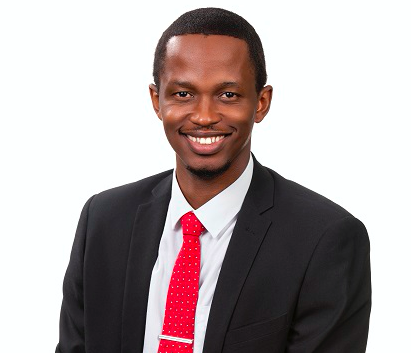The South African Schools Collection PR
Virtual School Will Not Be Affected By Second Covid-19 Wave
This comes amid suggestions that the Department of Basic Education could consider delaying the 27 January reopening of public schools until February, amid rising coronavirus infections. In his address to the nation last night, President Cyril Ramaphosa, indicated that an announcement on the matter would be made within the next few days. Brainline CEO, Coleen Cronje, says at Brainline it will be business as usual.
‘As a fully functional online school, we were fortunate enough not to be affected by the lockdown and subsequent school closures last year and the status quo will continue when we open our virtual doors on 25 January. Our teachers and students are prepared to start the academic year on time and with no interruptions. Our school operates online with virtual classes by qualified teachers,’ she says.
Brainline has already seen an influx of applications for the 2021 academic year by learners from the public school sector as well as other IEB institutions and Cronje says Brainline will offer catch-up classes for those who were affected by reduced curriculums in 2020.
‘Due to the school closures, many schools had decided to reduce their curriculum, therefore resulting in some students not having completed important aspects of the work. We have consequently decided to offer online catch-up classes for our senior learners to ensure they are up to date with the work and that they can join the rest of their peers when classes start on the 25th.’
Cronje says amid concerns and uncertainty about what the academic year will hold, the importance of online learning cannot be underestimated.
‘The safety of learners should always be paramount but at the same time definite steps should be taken to develop reliable platforms for e-learning, ensuring that schools in especially poor and rural communities are not left out in the cold. Cronje says now is the opportune time for education authorities to look at restructuring the current traditional school system by phasing in e-learning elements.
‘In many ways this could actually serve as an important step towards ensuring a fairer education system, as digital platforms enable the same access for learners to digital material, virtual science labs and other related innovative learning resources. E-learning and also mobile learning should be viewed as an additional learning resource that can assist in accessing learning tools,’ Cronje says.
About 60% of the world’s population is online, however, Cronje says while virtual classes on personal tablets may be the norm in many households, scores students in less developed economies rely on lessons and assignments sent via WhatsApp or email. It is estimated that 31.18 million South Africans have access to the internet, while there are 28.9 million active mobile users. Cronje says the government cannot win this battle alone and needs to focus on public-private partnerships.
‘Last year we have seen how quickly learning consortiums and coalitions took form with diverse stakeholders, including government, publishers, education professionals, technology providers and telecom network operators, coming together to utilize digital platforms as a temporary solution to the crisis. Now is the time to build on these partnerships for future educational trends.’
Brainline is recognized by the Independent Examination Board (IEB). Learners who are enrolled with us to complete their final examinations and who fulfil the requirements for this qualification will receive their National Senior Certificate (NSC), as issued by Umalusi.






 Sign-up and receive the Business Media MAGS newsletter OR SA Mining newsletter straight to your inbox.
Sign-up and receive the Business Media MAGS newsletter OR SA Mining newsletter straight to your inbox.